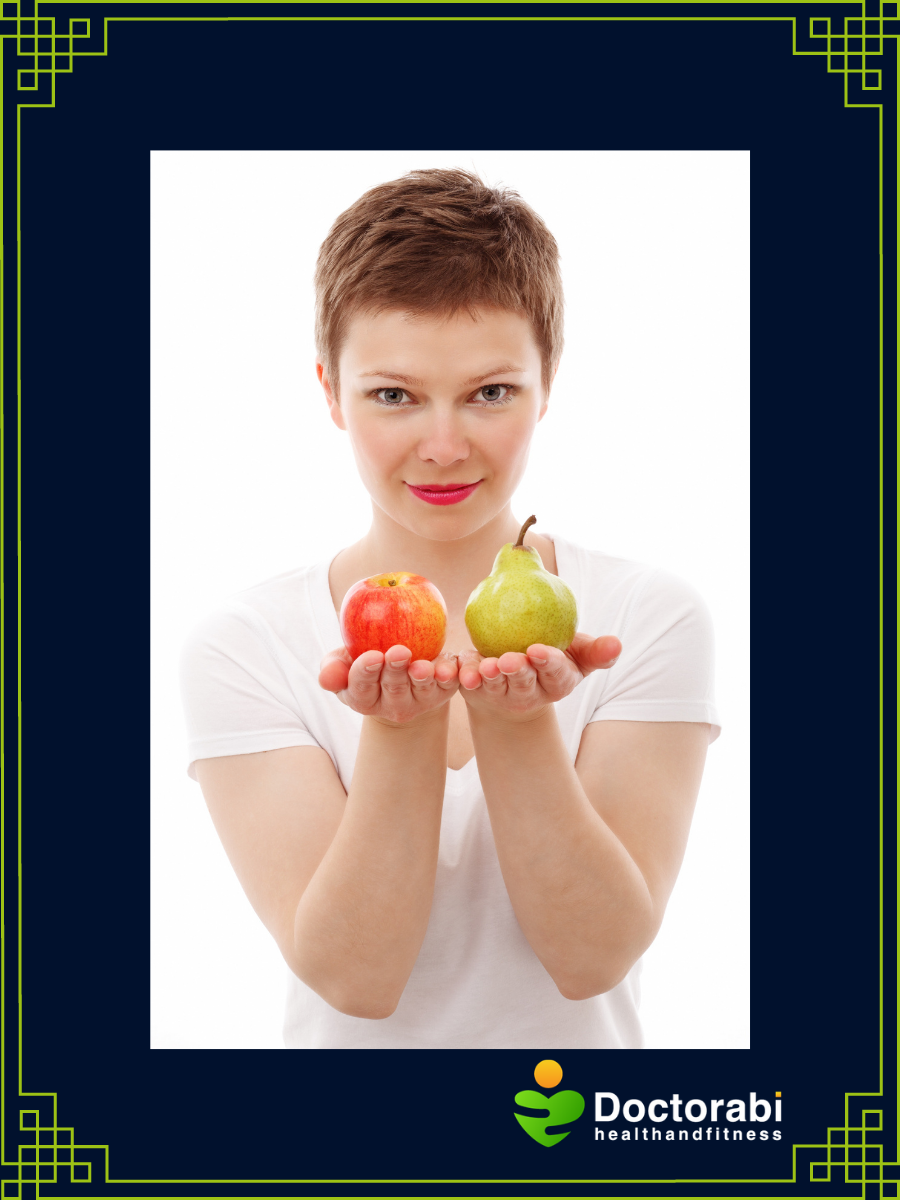Which diet is the best one for you? It is amazing how many types of diets you can find online, in print, and everywhere else. It is pretty easy to follow one diet until another one comes along that promises even more impressive results. But, as you may have realized, your results may vary. Someone you know may be transformed by one diet while another continues to struggle. What does that mean? It means no single diet is good for everyone! Easy peasy! But that is still not what you want to know, right?
If I could wave my “magic” wand and pull out the best diet for you, I gladly would. But I am sure even you will take that with a grain of salt. Because, intuitively, you already know there is no magical answer. However, what I can do is take you through a series of steps to lead you in the right direction.
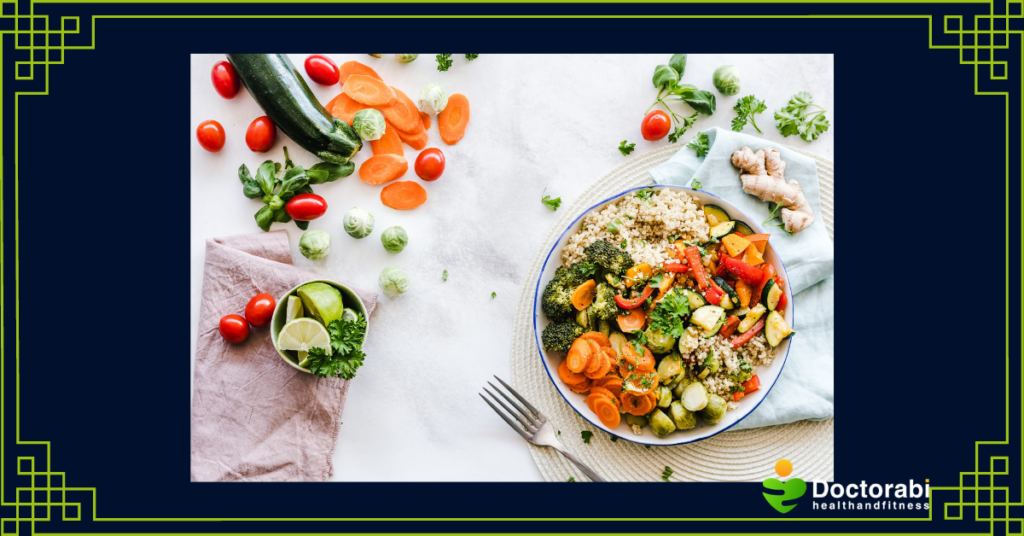
Do you need to be on a diet?
If you are a woman over 40 years of age, the answer is YES! Realistically, everyone is on a type of diet if you consider the Oxford definition of diet – “the kinds of food that a person, animal, or community habitually eats.” However, this is the more conventional definition “a special course of food to which one restricts oneself, either to lose weight or for medical reasons.” Even if you are not overweight and you have no medical issues, you should still watch what you eat as you get older.
Consuming an “unhealthy diet” can lead to inflammation in your body. This systemic inflammation can lead to many common diseases such as cancer, heart disease, asthma, arthritis, obesity, diabetes, Alzheimer’s disease, Crohn’s disease, and many others. Now, I am not saying you must be on one type of diet or the other, but you have to be mindful of what you eat and how much you eat.
Factors to consider when choosing a diet
1) Age – Some diets may be more suitable for younger people versus older, and vice versa.
2) Health status – Depending on your health status, some diets may be unhealthy for you and may worsen your condition, whereas some may help improve your condition.
3) Occupation – If you have a job that requires heavy manual labor, some highly restrictive diets may not be the best for you.
4) Current medications – If you are on medication, you have to check with your doctor to ensure a particular type of diet will not interfere with your treatment.
5) Weight – Current weight and weight loss goals can help determine how restrictive a diet you should be on.
6) Sustainability – Sustainable diets are those you are most likely to stick with long-term.
7) Ease – The more straightforward the diet, the more success you will have with it.
8) Time commitment – The amount of time you have to commit to dietary activities such as meal prep may help determine the best diet for you.
9) Cultural background – The easiest diet to follow is one that includes foods or food modifications close enough to your regular diet. For example, I am Nigerian. We consume a lot of carbs, especially rice. Therefore, I am more likely to follow a diet that includes manageable substitutes for rice, such as riced cauliflower. To my Nigerian friends, “manageable” is the keyword here!

10) State of mind – This is probably the most crucial factor. Whether or not you will follow any particular diet depends on your stage of transformation. Starting a diet when you are in a pre-contemplation stage, where you are not even convinced you should be on one, will most likely lead to failure.
What should you look for in a diet?
1) It must be safe.
2) It should be relatively easy to follow.
3) It should provide an adequate amount of nutrients.
4) It should be effective for weight loss.
5) It should help prevent diabetes.
6) It should help prevent heart disease.
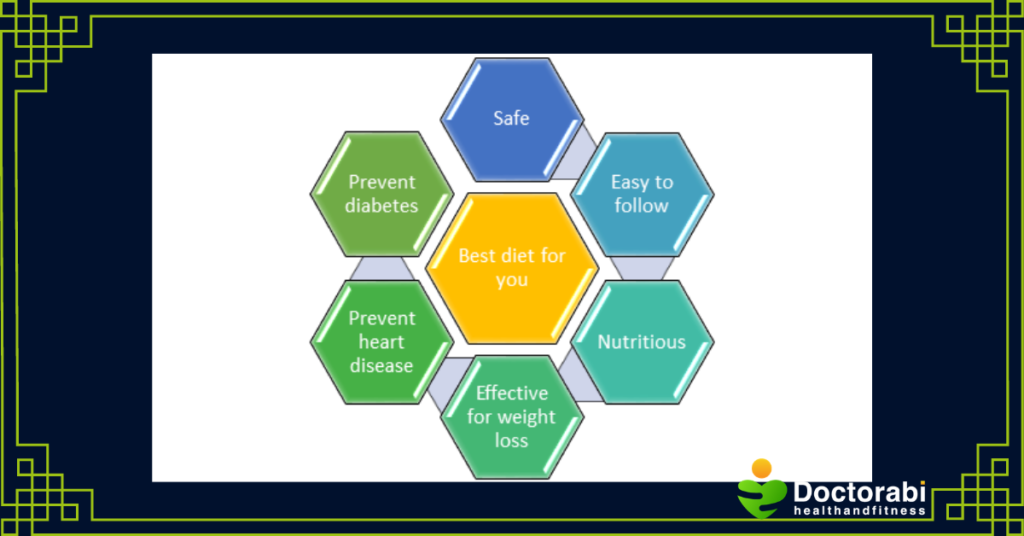
What are your choices?
To pick the best diet for you, you will need to know your choices. Perfect! The only problem is that the number of diets out there is mind-blowing. There is no way I could include all of them in one article. Fortunately, a panel of nationally recognized health experts from U.S. News & World Report reviewed 39 different diets. Yes, 39! And here are the top diets of 2021:
1) Mediterranean diet
2) Flexitarian diet and DASH diet (tied)
4) Weight Watchers
5) MIND diet, Volumetrics, Mayo Clinic diet, TLC diet (tied)
9) Ornish Diet, Vegetarian diet, Nordic diet (tied)
Some other well-known diets were reviewed but did not make the top 10 list. These include Keto, Paleo, Atkins, Vegan, South Beach, and Zone diets.
An unconventional diet that was not reviewed by the panel of experts is intermittent fasting. To learn more about intermittent fasting, check out “14 “Plus” Reasons to Consider Intermittent Fasting” and “Intermittent Fasting: A Step-by-Step Guide.”
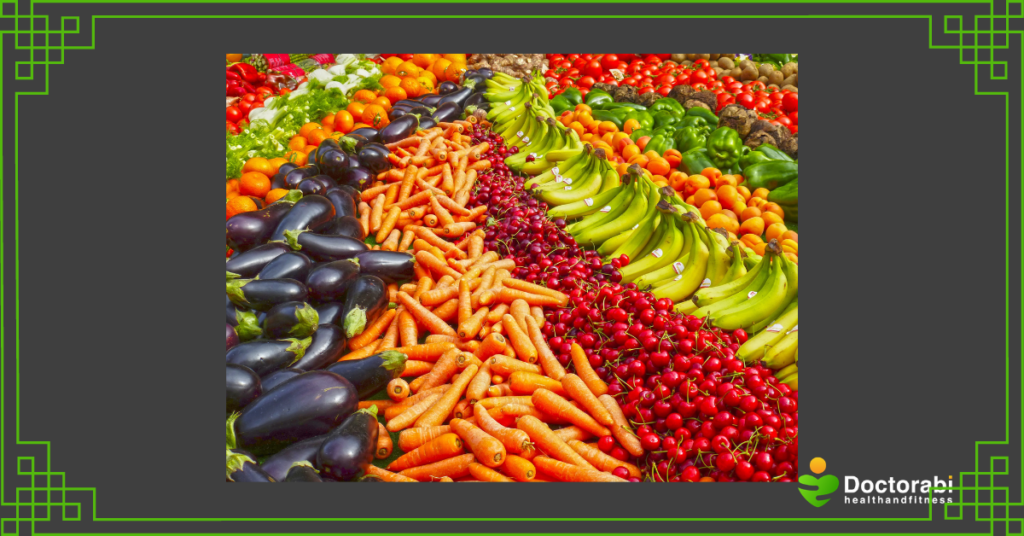
Additional tips to guide you to your best diet
1) If you have diabetes or pre-diabetes, the Mediterranean, Dash, and Flexitarian diets ranked highly in diabetes prevention. Intermittent fasting is also a good choice as it helps lower insulin levels and increases insulin sensitivity.
2) If you have high blood pressure or heart disease, the Mediterranean, Dash, or Ornish diets are great heart-healthy diets to consider. Intermittent fasting also has been shown to lower blood pressure.
3) If you find it challenging to stick to a diet because it is complicated, the Mediterranean diet and Weight Watchers diet are relatively easy to follow.
4) If, for some reason, your goal is fast weight loss, you can consider the Weight Watchers diet, Atkins diet, or Keto diet. Of these 3, Weight Watchers is regarded as a healthier weight loss option.
Is there a Simpler Option?
The diets above are good, and one or more of them may be perfect for you. However, if all of these “diets” are too confusing, there is a simpler way! Changing your habits and tweaking your diet just a little can drastically improve your health and help you lose weight.
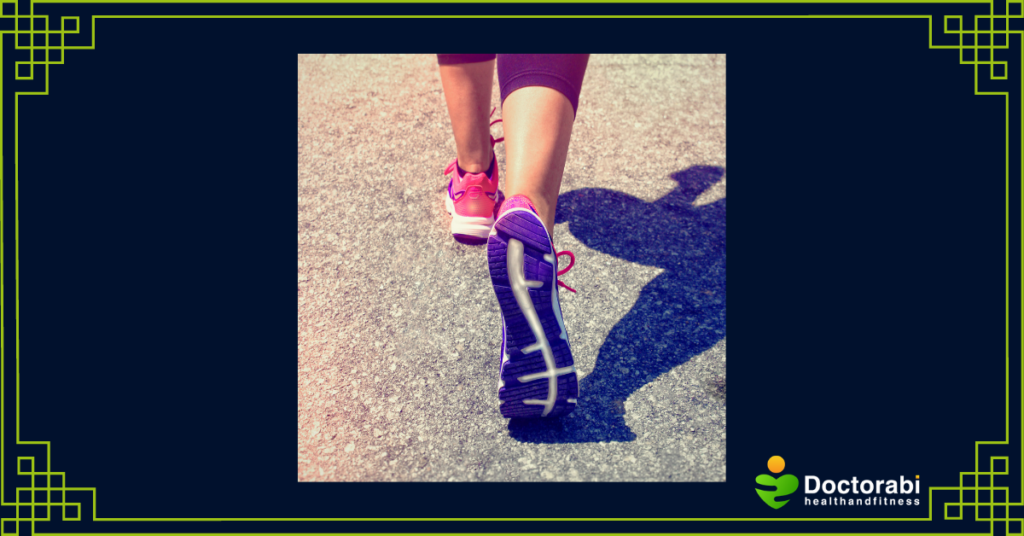
Take these steps if you don’t want to be on a diet
1) Know that it is okay not to be on a diet. These days, it is quite fashionable for people to talk about being on one kind of diet or another. Don’t succumb to peer pressure by choosing to be on a diet just because everyone is on one. Sustaining a diet over the long term is not easy. Instead of going on a diet, find ways to tweak your diet to make it healthier and help you lose weight or maintain a healthy weight.
2) Make changes slowly. Changing everything at once usually does not work well. Instead, make one change to your diet each week. Making just one change at a time is a lot easier. In addition, you will not feel deprived because you are giving your body some time to adapt to each change.
3) Try one of the easier top-rated diets a day or two each week. The Mediterranean and vegetarian diets, for example, are healthier and lower in calories. Following these diets a couple of days a week is entirely sustainable, and you will still get the benefits of these diets.
4) Eat smaller portions. To do this, you could cook a smaller meal, so there is no option to return for seconds, and you could also use smaller plates to make it seem like your plate is still full.
5) Drink water. Drinking plenty of water will help you feel full and will keep you from consuming excess calories.

6) Avoid juices and other drinks which are often high in sugar or chemical sweeteners.
7) Avoid frying your foods and bake instead. Fried foods are fattening, and oils that have been heated to very high temperatures can be very unhealthy. Instead, find ways to bake tasty and nutritious meals. Play around with spices until you find one that is perfect for you. For example, I often add my Nigerian spices to most recipes, which is ideal for me.
8) Incorporate healthy foods such as nuts and berries into your diet. Nuts are an excellent source of healthy fats and protein, but they have to be consumed in moderation because of their high calories. You should also watch out for their salt content. Try not to eat more than 1 ounce of nuts per day, about 15-20 nuts. Berries are superfoods that are high in antioxidants. Eating some every day can help you maintain a healthy weight and prevent disease.
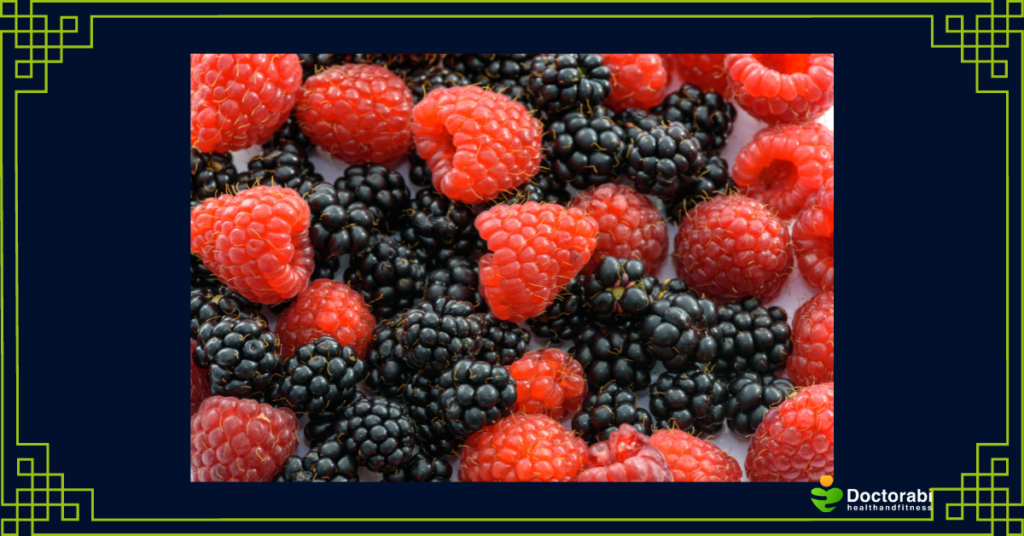
9) Eat more fiber – foods such as beans, legumes, and oats are high in fiber and can help you reduce bloating, lose weight and maintain a healthy heart.
10) Eat more whole grains and less processed foods. Whole grains help reduce the risk of heart disease, diabetes, and some forms of cancer. On the other hand, processed foods lack nutritional value and often include unhealthy added sugar, sodium, and fats. As a result, consuming heavily processed food can lead to serious health issues like obesity, heart disease, high blood pressure, and diabetes.
11) Eat less sugar and high-carb foods. Sugary foods are high in calories, which tend to be stored as extra fat. In addition, sugary and high-carb foods are less filling, which means you need to eat them in larger quantities to feel full. Consuming sugar, especially refined sugar, can lead to obesity and Type 2 Diabetes. One of the best things you can do for your health is to reduce your sugar intake.
12) Exercise a little. Yes, I know this is not part of dieting, but even a small amount of exercise can positively benefit and curb your hunger. Moderate aerobic exercises generally tend to blunt your appetite, causing you to consume fewer calories. If you don’t have extra time to exercise, you can walk around the block, park further out in the parking lot or take the stairs instead of the elevator. Remember that every bit of activity helps.

In summary, we all need to be on a “diet” to stay healthy. Unfortunately, there is no one size fits all diet. Instead, there are many options to choose from, or you could opt out of dieting and take simple steps to eat healthier. Which of the above diets have you tried? Did they work for you (help you reach your goals), and were they sustainable? Which other diets have you had success with? Would you please share your experience in the comments section below?
Yours in health and fitness,
Doctor Abi

